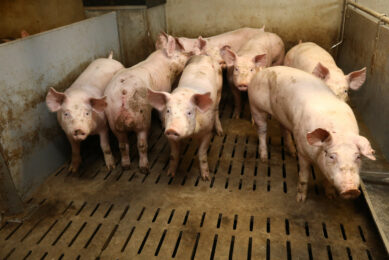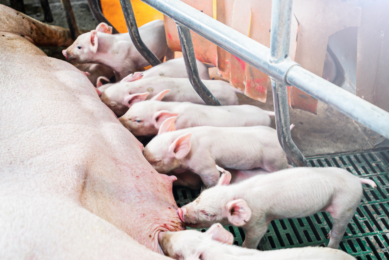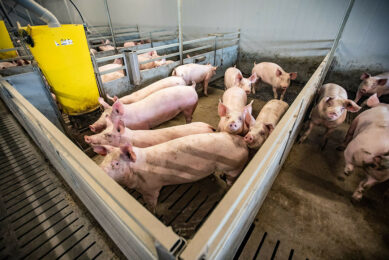UK Environment Secretary: New Common Agricultural Policy must be fundamentally different
Europe should rely less on direct farming subsidies and reward farmers more for their environmental efforts and the other work they do to enhance the countryside, Environment Secretary Caroline Spelman said.
Mrs Spelman said that the new Common Agricultural Policy, currently being negotiated and to be in place from 2014, needed to be fundamentally different.
Mrs Spelman: “The CAP continues to distort trade by maintaining high EU prices. This gives rise to high import tariffs and the use of export subsidies to clear market surpluses – all of which undercuts production in developing countries. This is morally wrong.
“To continue as we are threatens to snuff out the transition we need towards a market that can sustain EU agriculture in the future. Moreover, the fairer allocation demanded by new member states – with which I have sympathy – threatens to entrench subsidy dependence further. This must not happen.
“We need to make the new CAP fundamentally different. It must be about the new challenges of achieving global food security and tackling and adapting to a changing climate.
Mrs Spelman will say that the European Commission’s plans for CAP reform should be more ambitious, particularly in its approach to direct subsidies and in emphasising payments for farmers who deliver public goods.
“Now is the time to make very significant progress towards reducing our reliance on direct payments. Rising global demand for food and rising food prices make it possible to reduce subsidies and plan for their abolition.
“Furthermore we should encourage innovation in the industry, and provide help with environmental measures and combating climate change. Our taxpayers have every right to expect other public goods for the subsidies they pay. Pillar 2 of the CAP does exactly that – which is why we want to see it taking a greater share of finite resources.”
Mrs Spelman will say that she wants to work with other G20 Agriculture Ministers on the need for an end to export bans, such as the grain export ban in Russia last summer.
“France has boldly and wisely proposed a meeting of Agriculture Ministers during its G20 Presidency to improve the functioning of world markets.
“As global demand for food rises and as international food markets open up, the risk increases of wrong-headed protectionism. In some cases this has already happened – we just have to cast our mind back to the late summer and the ban on Russian and Ukranian grain exports.
“I would like to work with France to seek an end to export bans – one of the most restrictive practices found in the world market.”
Mrs Spelman is also expected to reveal a change in the Government’s approach to food and farming, with more power being handed to local organisations and local people.
“Over the coming years we need to increase the competitiveness of the whole UK food chain to help secure an environmentally sustainable and healthy supply of food.
“Underlying all of this is the power shift from the centre towards local organisations – putting local people back in charge – a classic example of what we mean by Big Society.
“This shift will change the way the department works. We want to see a greater degree of trust and collaboration when developing and delivering policy. This will allow you as an industry to shape your own destiny.
“I think this last point is of paramount importance. I see my job as helping you to become more profitable, innovative and competitive by creating the right conditions for the industry to raise productivity, to be entrepreneurial, to continue to develop strong connections with your markets and customers and establish robust links throughout the food chain. I’m really keen to do my bit but it will require you as an industry to step up and seize these opportunities.”
Source: DEFRA











